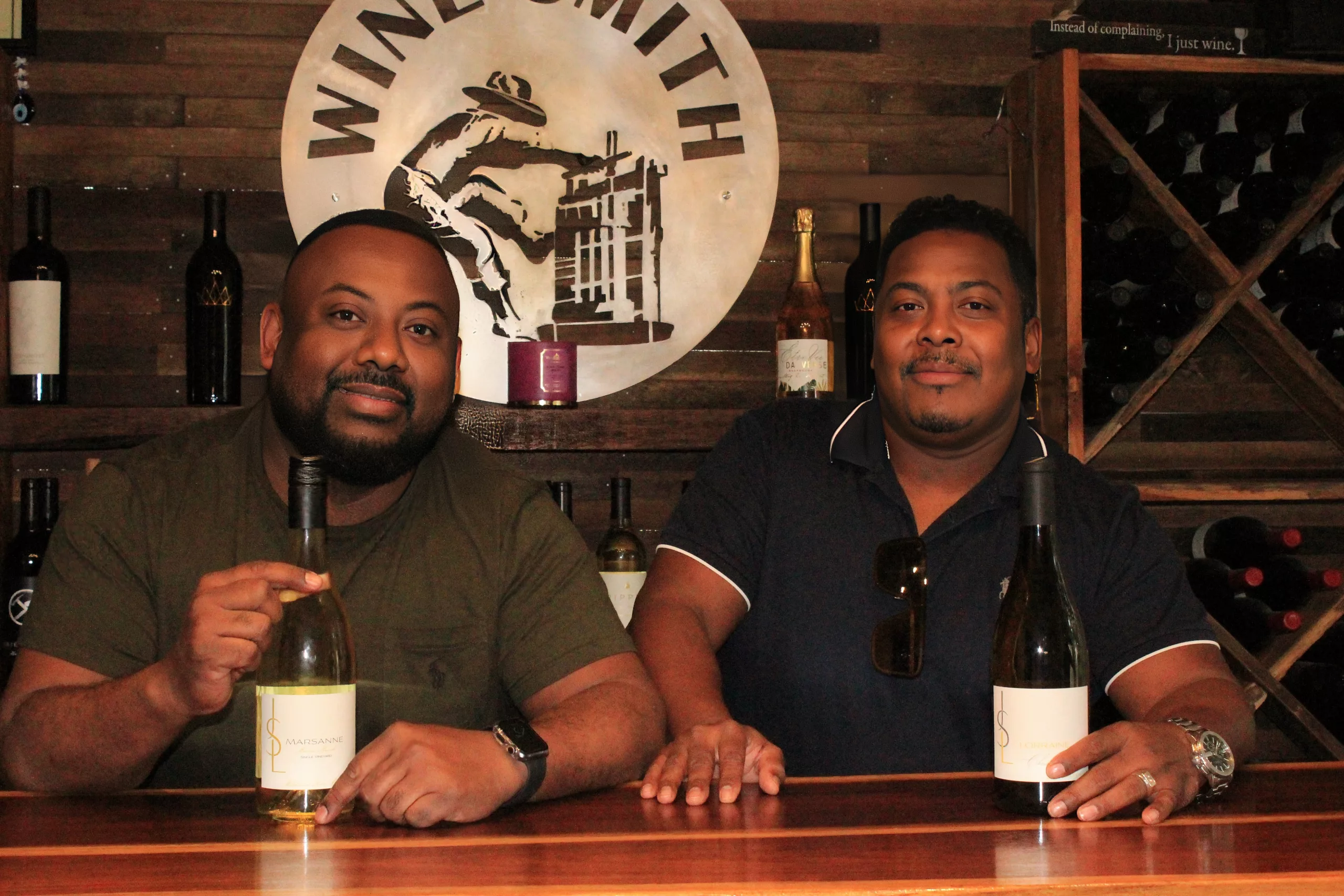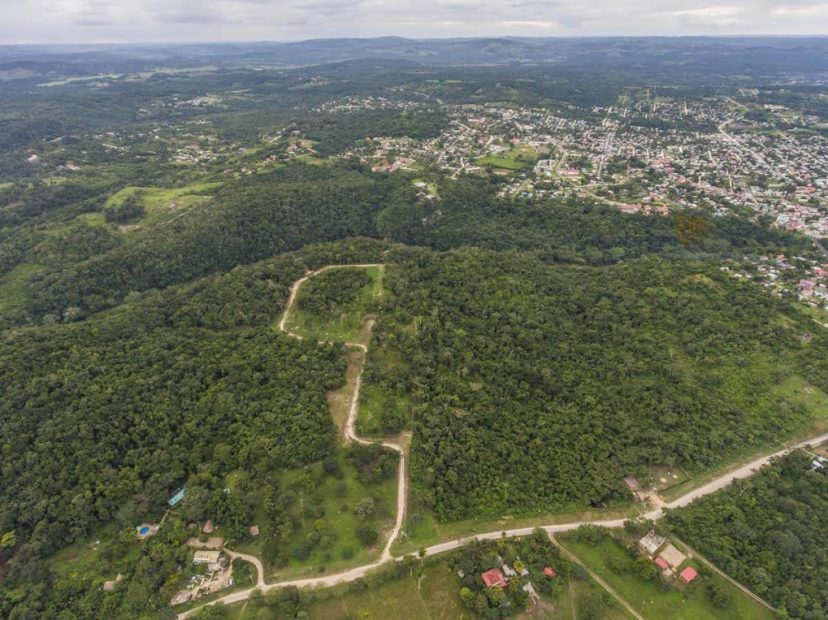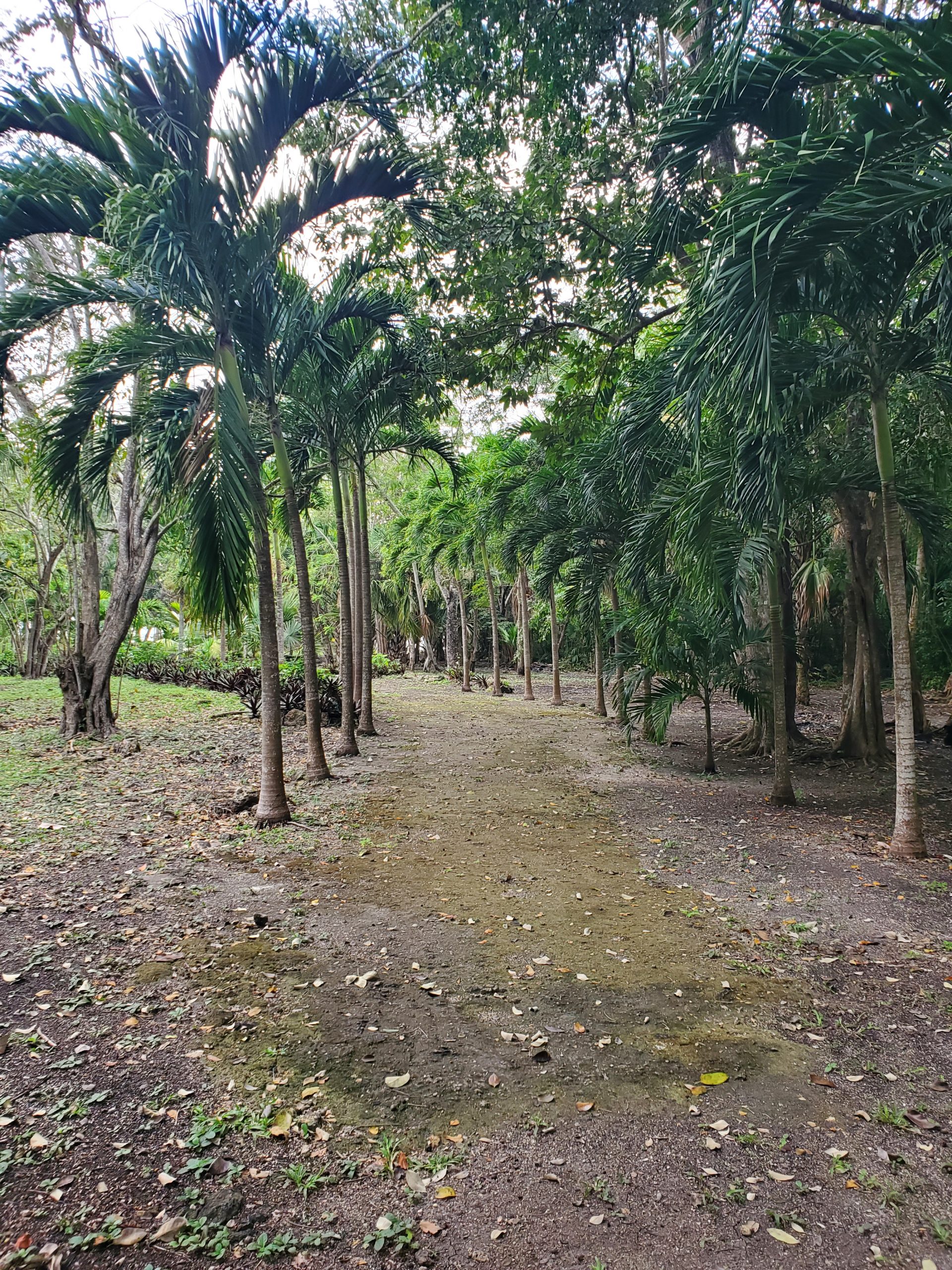Beneath the Belizean sun’s warm embrace, we enter Wine Smith, aiming to chat with Wine Boutique Manager Rhyan Smith. To our surprise, our casual visit transforms into a captivating discussion about the misconceptions surrounding wine availability in Belize. Addressing the reasons for its perceived higher cost compared to beer and rum. Our luck multiplies when we find Belizean winemaker Joseph Smith also present, adding a second perspective to the dialogue. As we delve into the complexities of wine appreciation, distribution, and culinary excellence, we reflect on the evolving landscape of wines in Belize and the endeavor to reshape the local wine culture.


Wine is considered a Luxury
The discussion kicks off with the revelation that importing wines into Belize faces a substantial hurdle—tariffs and taxes. According to Joseph and Rhyan, these levies contribute to the perception that wines are expensive in Belize. With tariffs ranging from 48 to 52%. Bringing a bottle of wine into the country often involves costs equivalent to purchasing it twice. This economic aspect prompts the question of what changes could ease the burden on consumers and importers.
The proposal arises to reduce tariffs. Thus allowing for more accessible pricing and potentially fostering a greater appreciation for wines in Belize. This sentiment echoes the challenges faced by those involved in the wine industry. Finding themselves navigating a complex landscape of distribution, pricing, and quality control.
Wine Education
As our conversation progresses, education emerges as a key focal point. By highlighting the importance of government backing and investment in wine education initiatives. The objective is evident: to nurture a fresh cohort of wine enthusiasts and professionals equipped with a comprehensive understanding of wine production, distribution, and gastronomic pairing. Rhyan points out how Wine Smith has already taken proactive strides in this direction. By conducting informative sessions tailored for hotels, restaurants, and aspiring hospitality students across Belize. By relaying essential knowledge on wine storage, handling, service, and pairing, these efforts hold the potential to propel the wine industry in Belize forward. Paving the way for notable advancements in the field.
Quality Over Quantity
Joseph and Rhyan shed light on a pivotal aspect concerning the wine industry—mass production practices in wine-exporting countries. These nations face surpluses, flooding the market with lower-tier wines and distorting consumers’ perception of true quality. The focus should shift towards emphasizing higher quality wines, coupled with proper storage practices. Encouraging more people to opt for local purchases over duty-free alternatives.
During our discussion, I emphasized the unfortunate reality of purchasing wines from retailers only to discover that they have been compromised due to improper storage conditions. Resulting in a disappointing experience upon opening. Given Belize’s higher climate, it becomes imperative for businesses to ensure proper storage of wines. Rather than leaving them exposed on shelves under sunlight. Introducing quality wines not only eliminates subpar options but also enhances the overall satisfaction for wine enthusiasts. Rhyan and Joseph stress the significance of urging distributors to prioritize quality over quantity, thereby elevating the standard of wines available in the market.
Breaking Cultural Norms
Introducing wine into Belizean culture marks a departure from the entrenched norms surrounding beer and rum. Traditionally, beer and rum have held sway as the beverages of choice. Being deeply rooted in Belizean social gatherings and culinary traditions. However, the introduction of wine represents a departure from this cultural norm. Thus offering a new dimension to the Belizean drinking experience. As wine enthusiasts and local winemakers seek to broaden the country’s beverage landscape, they challenge preconceived notions and invite Belizeans to explore a world of flavors and aromas previously unexplored. This cultural shift not only expands beverage options. It also fosters a deeper appreciation for the artistry and craftsmanship behind winemaking. Joseph emphasizes as Belize embraces this evolution in its drinking culture, it opens doors to new possibilities for culinary exploration and social engagement, enriching the tapestry of Belizean traditions with each sip of wine.
A Combined Effort
Our discussion moves forward with talks on how achieving greater accessibility to wine in Belize requires a collaborative effort from the government, businesses, and distributors. With a rising influx of tourists, many, like myself, seek the pleasure of enjoying a fine wine while dining out. Restaurants must curate a diverse wine list alongside their usual array of cocktails. Joseph astutely points out that expanding the presence of wine in establishments will naturally increase exposure, potentially prompting the government to reconsider exorbitant luxury taxes. This underscores the importance of wine education. As more restaurants embrace wine pairing, it becomes essential for them to understand proper handling and storage practices. By fostering a culture of wine appreciation and knowledge, we can truly elevate the dining experience in Belize.
Conclusion
After conversing with Rhyan and Joseph, one fact became abundantly clear: Belize requires a transformation in its approach to wine. The government must acknowledge the untapped potential of the wine industry and implement measures to reduce the heavy tariffs and taxes that currently hinder accessibility. Moreover, prioritizing investment in wine education programs is paramount. It equips consumers and professionals with the knowledge to fully appreciate and handle wine. By challenging traditional cultural norms dominated by beer and rum. Introducing wine into Belizean culture opens doors to new culinary experiences and social interactions.
Through concerted efforts involving the government, businesses, and distributors, we can reshape Belize’s wine culture and elevate the overall dining experience across the country. As we envision the future of wine in Belize, let us raise our glasses in anticipation of the positive changes and exciting opportunities ahead. Here’s to a flourishing and vibrant wine culture in Belize! Cheers!
(I would like to thank Rhyan and Joseph. For taking the time out of their busy schedules to sit with us to talk about Wine culture in Belize.)
If you would like to read more of the series on Wine In Belize. Please click on the links below.
https://fromsnowtosun.com/wine-in-belize/
https://fromsnowtosun.com/wine-in-belize-2/
https://fromsnowtosun.com/wine-smith-ltd/
https://fromsnowtosun.com/where-to-find-wine-in-placencia-belize/




